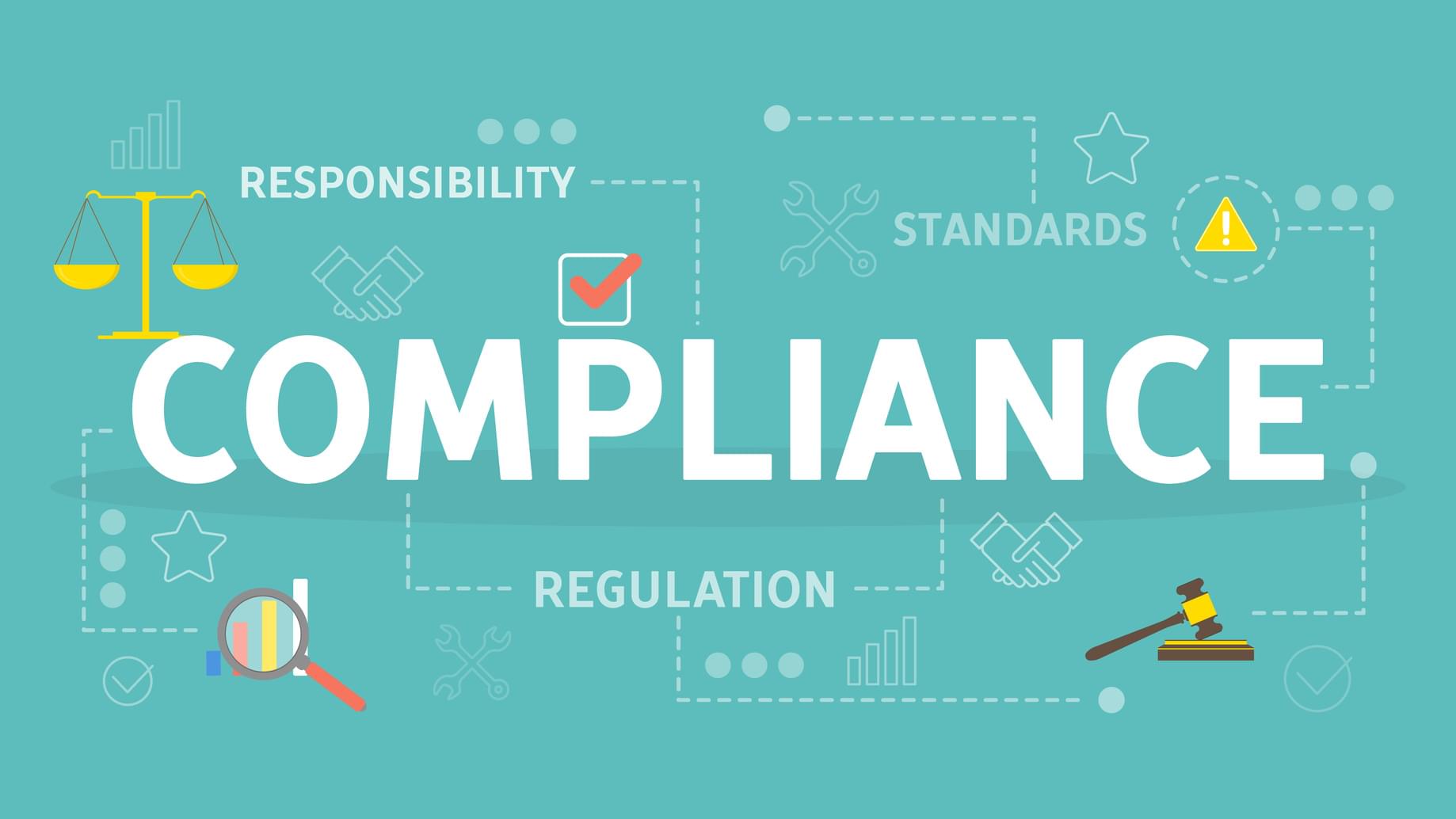IAGA
The International Association of Gaming Advisors (IAGA) Announces 2024 International Gaming Summit in Washington, D.C.

The International Association of Gaming Advisors (IAGA) will hold its 41st International Gaming Summit Monday, May 27 through Thursday, May 30, 2024 at The Ritz-Carlton Washington, D.C.
As a premier event that brings together leaders from all global gaming sectors, the Summit will provide operators, suppliers, attorneys, investors, bankers, regulators and other advisor delegates with an unparalleled opportunity to meet and discuss the most important issues facing gaming.
“We are looking forward to holding this year’s 41st Annual International Gaming Summit in Washington, D.C., and are pleased to announce an agenda that includes a specific focus on some of the key sports betting issues the rapidly expanding US market is facing. As part of this focus, we will bring together representatives from global sports betting operators, regulatory agencies, professional sports leagues and other experts to discuss how the industry’s sports betting stakeholders can better work together to ensure a sustainable, responsible sports betting environment that is built on best practices lessons learned from other markets,” John Stawyskyj, President of IAGA, said.
“Beyond our sports betting focus, our diverse agenda includes discussions on other issues of importance including the growing impact of fraud and cyber breaches on regulated operators, a look into the federal and state lobbying process, an update on what’s happening in other gaming markets outside North America, a deep dive into new technologies and how they might impact gaming and more. I look forward to welcoming our delegates to Washington and participating with them in lively discussions about these critical issues and more,” Stawyskyj added.
Canada
The role of tech in compliance

The development of tech is an important part of compliance, and Compliable is at the forefront of recent advances and how it can aid regulators. Compliable’s CEO, Chris Oltyan, discusses upcoming enhancements to the Compliable platform from a tech perspective
The gambling industry is heavily reliant on tech in product development, is tech however being underutilised from a compliance point of view and what pitfalls can be avoided by tech?
Useful technology takes time and expertise to build, and we are really seeing the first wave of solutions hitting the market now. We needed experts to know how to deal with the new realities of compliance in a fast-moving multi-jurisdictional setting, and then tech entrepreneurs to deliver solutions with those experts. After all, you can’t use tech to solve problems unless you really understand the problems you are trying to solve. The problems best suited for technology to solve are things that humans must do over and over again, in a painfully repetitive process. In particular, if you look at the evolution of most tech tools, it starts with creating a manual process to manage a task, and usually ends with a complicated spreadsheet that someone will invariably forget to update. This then leads to outsourcing to a company that will use software to keep track of all the details. Filling out forms is a great example of a place where a repetitive but high value task can cause serious issues if it is done wrong. There are always exceptions, but if 90% of things are automated it frees up the workforce to deal with the difficult stuff.
Are regulators exploring tech advancements enough and is there more the industry can do to support regulators, especially with the fast evolution of online gambling regulation in the US?
The short answer is no, but that is unfair to the regulators. Regulators are often given incredibly tight timelines to go live with igaming and sports betting, and that doesn’t afford great options for exploring the incredibly vast world of technology. Add to that the fact that few industry specific technological solutions exist and it’s no surprise that a regulator moves forward with whatever they have on hand. The industry can absolutely help regulators solve these problems. Industry associations IAGA and IAGR helped to establish the Multi-Jurisdictional Personal History Disclosure Form (MJPHD) but developing additional standards could really help the adoption of practices that would allow technology to be used more broadly in the space. I’m not even talking about getting jurisdictions to agree on standard forms or naming as finding ways for states to adopt standards around digital fingerprints could dramatically improve efficiency for the entire industry. Also, I think the industry must be sensitive to the fact that regulators are often tied to their respective legislation. Finding ways for states to have both flexibility and security is hard with new technologies, but we should be working collectively as an industry to find ways and define standards that meet everyone’s needs.
Is there a danger of relying too much on tech as legislation and regulation further advances?
There have definitely been cases where an early technology seemed like a slam dunk but ended up causing problems because it got locked into the official regulatory framework. To avoid this, adopting industry wide standards for tech implementations allows healthy competition while still providing an optimized path forward. If every regulator adopts different technologies to enforce compliance, the burden to the industry to support and accommodate every one of those platforms becomes untenable.
Compliable started off offering a module to license customer support and engineering staff, with the offering now being expanded to include business entities, executives, and board members. Where have the challenges been in building your platform?
The hardest part of developing our platform was simply all the variance in what the regulators ask for. Getting a computer to fill out forms isn’t hard. The complicated part is getting something that can recognize the hundreds of questions regulators ask, figure out the commonalities, capture that data elegantly, and intelligently use it to fill in forms so we can collect data once and then allow that to be used across a wide set of jurisdictions. Now that we have that in place it’s just rolling out new features every couple of days. There is such a clear direction we have from our customers that our roadmap pretty much plans itself, and we just try to keep up with the demand.
What else can we expect from Compliable going forward?
Licensing compliance doesn’t stop with filling out a form and our goal is to make the entire process as easy as possible for our customers. There are so many things that a company needs to track on compliance that can dramatically impact their business so licences shouldn’t be the thing that takes up all their time. From onboarding new employees and directors, to applying for new jurisdictions, to tracking renewals, to submitting electronically to a regulator so you don’t have to print out a small forest worth of applications, we believe we can provide automation across the entire chain. Also, expect us to continue to have new jurisdictions supported on the platform within days of the forms being published, because the industry doesn’t seem to be slowing down its expansion across the US anytime soon.
Powered by WPeMatico
-

 ACMA6 days ago
ACMA6 days agoACMA Blocks More Illegal Online Gambling Websites
-

 CEO of GGBET UA Serhii Mishchenko6 days ago
CEO of GGBET UA Serhii Mishchenko6 days agoGGBET UA kicks off the “Keep it GG” promotional campaign
-

 Aurimas Šilys6 days ago
Aurimas Šilys6 days agoREEVO Partners with Betsson Lithuania
-

 Canada5 days ago
Canada5 days agoRivalry Corp. Announces Significant Reduction in Operations and Evaluation of Strategic Alternatives
-

 Latest News5 days ago
Latest News5 days agoTRUEiGTECH Unveils Enterprise-Grade Prediction Market Platform for Operators
-

 Central Europe6 days ago
Central Europe6 days agoNOVOMATIC Once Again Recognised as an “Austrian Leading Company”
-

 Acquisitions/Merger5 days ago
Acquisitions/Merger5 days agoBoonuspart Acquires Kasiino-boonus to Strengthen its Position in the Estonian iGaming Market
-

 Firecracker Frenzy™ Money Toad™5 days ago
Firecracker Frenzy™ Money Toad™5 days agoAncient fortune explodes to life in Greentube’s Firecracker Frenzy™: Money Toad™































